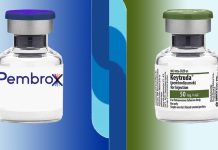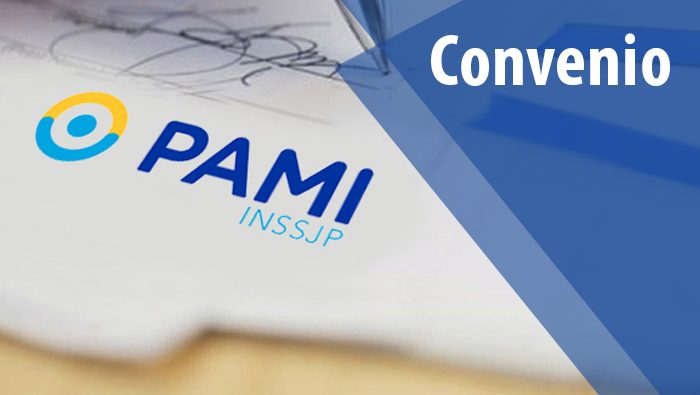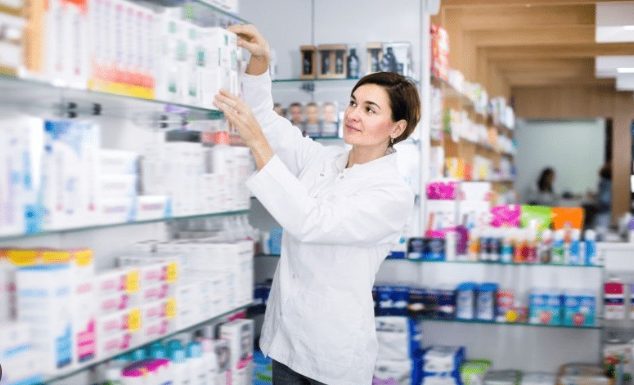The daily back and forths behind the manufacturing and representation of COVID-19 vaccines has gripped the media around the world, and Argentina is no exception. This week, the Argentine press published a flurry of stories and interviews with Marcelo Figueiras, the visible face of local drugmaker Richmond. In the absence of other interlocutors from the sector friendly to the media agenda, the businessman received the lion’s share of coverage, and the company’s share price soared 30 per cent. Here Pharmabiz takes a closer look at the technicalities.
Suddenly, Argentina’s mass media seemed to be first cousins of Pharmabiz this week as pharma drove the news agenda due to stories on COVID-19 vaccines. Marcelo Figueiras, president of the local drugmaker Richmond was catapulted into the limelight, while the press also dedicated significant space to Hugo Sigman, head of Insud, after he launched a combative defence against public criticism of the group. However, despite the heavy coverage, media outlets have been adding to the confusion by replicating information that’s only partially true, often due to a lack of technical details.
The noise began when the Richmond advised Argentina’s Comisión Nacional de Valores (National Securities Commission) of its advance with a Latin American version of the Russian vaccine Sputnik V. The media began heralding the arrival of the «first batch» of the vaccine, confusing the strict meaning of the term being used. The batch was in fact an early «pilot batch« packaged at the national third-party contractor MR Pharma in order to validate the product with the Gamaleya Institute in Russia, which has to approve the local drugmaker that represents it. There’s still a long way to go after that potential OK, including the start of the relationship between the Argentine regulator ANMAT and the Russian Direct Investment Fund, before ANMAT can approve the true first batch of the vaccine for the product to reach the market. See article on Richmond in Spanish.
In parallel, the owner of Grupo Insud, Hugo Sigman made a public statement in which he clarified that the group’s drugmaker mAbxience is only one cog in the manufacturing of the British drugmaker AstraZeneca’s COVID-19 vaccine in Argentina. The businessman vented on the obstacles to the local launch of the vaccine in the same week that the Argentine state launched a contract to purchase 1.5 million doses of vaccines against the human papillomavirus. The candidate to deliver the vaccine that was incorporated into the official calendar of vaccines in 2011 and expanded in 2017, is Sinergium Biotech. See article on Sinergium in Spanish.
The other major detail is that the Sinergium Biotech consortium maintains a technology transfer agreement with the US’s MSD in order to manufacture the vaccine in the country. The story in the media fell short. The number of vaccine plants in each region can be counted on fingers and the specialist players are well-known. The big question that remains is just where Sputnik V will be manufactured in Argentina. Possible platforms include Sinergium Biotech itself or the local drugmaker Biol, although it’s ruled out having available installed capacity. A possible plan B could be to appeal to a plant specialising in injectables, which could be certified as a vaccine manufacturer. Of course, that process doesn’t happen in under a year, not because of bureaucratic obstacles but elementary technical requirements. What is clear is that a vaccine plant does not emerge «in two months», unless it opens outside the strict procedures that regulate the sector. See article on Sigman in Spanish.
Public Health in Argentina is fighting many fronts. The Ministry of Health this week defined the resolution of two public tenders financed in part by the Inter-American Development Bank – BID – related to COVID-19. One was won by Argentine drugmaker Denver Farma, which manufactures salbutamol at its plant in Garín. The other went to Latin drugmaker Jayor, who became providers of COVID-19 diagnostic tests.
Meanwhile, more drugs for COVID-19 came to the fore this week after a meeting between representatives from the public and private sectors. An agreement was reached with respect to the maximum prices for five products used in intensive care that are finding themselves in high demand. Of course, everything responds to global demand and the question of who has more muscle to acquire APIs, which are not manufactured in Argentina because hardly anyone finds the operation profitable.
Finally, the sanitary portfolio went back to review files from the era of Argentina’s previous president Mauricio Macri related to bidding processes. Last year, the former health minister Ginés González García reviewed several of the contracts initiated during the previous government. Now the current minister Carla Vizzotti has opened an administrative inquiry into the third-party provider MR Pharma, which is owned by the Martínez Ríos family. This is the very company that packed Richnmond’s vaccines. The minister has in sight two price renegotiations that occurred in the framework of a public tender for contraceptives awarded in May 2018. See article on MR Pharma in Spanish.

















